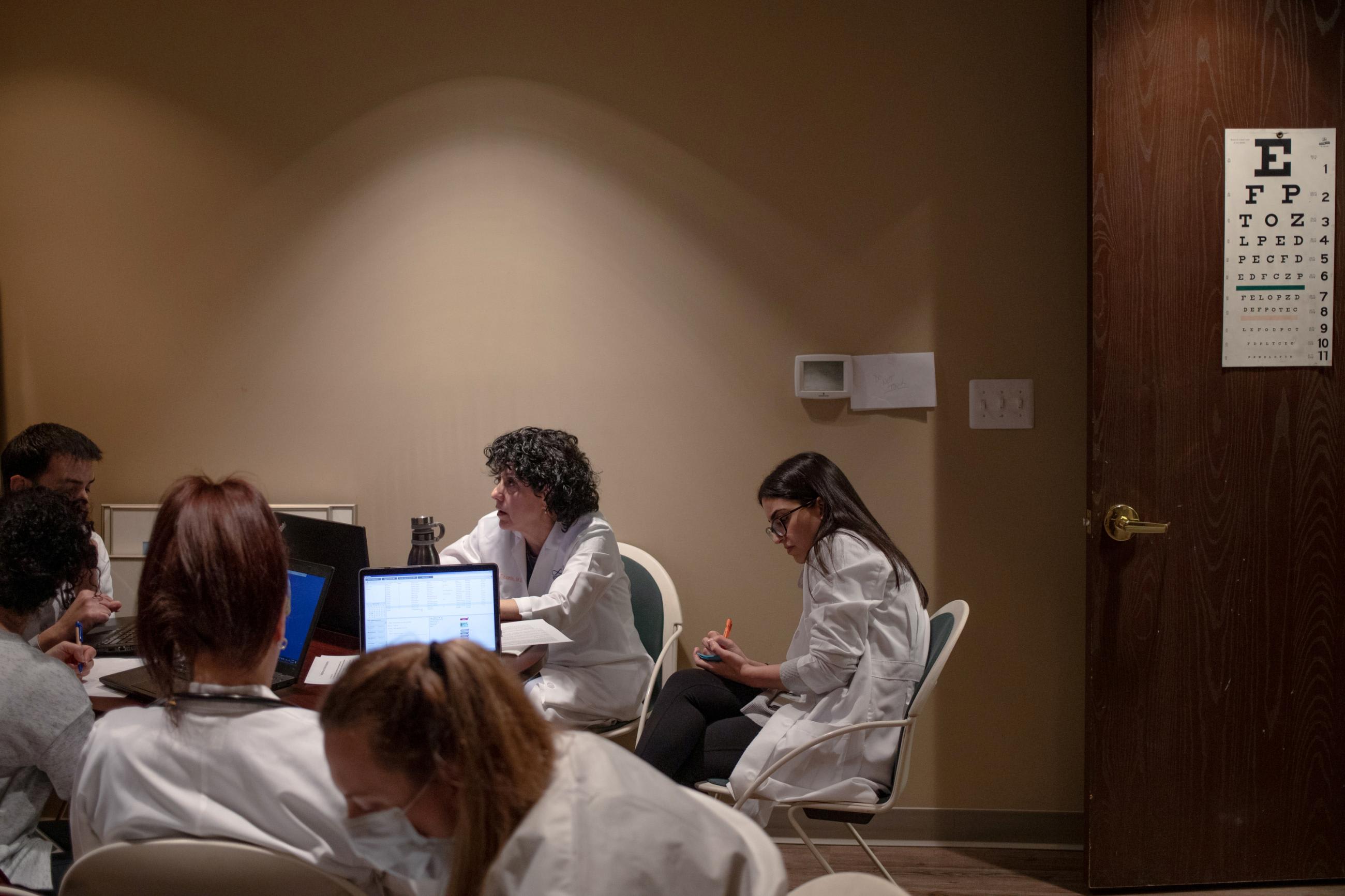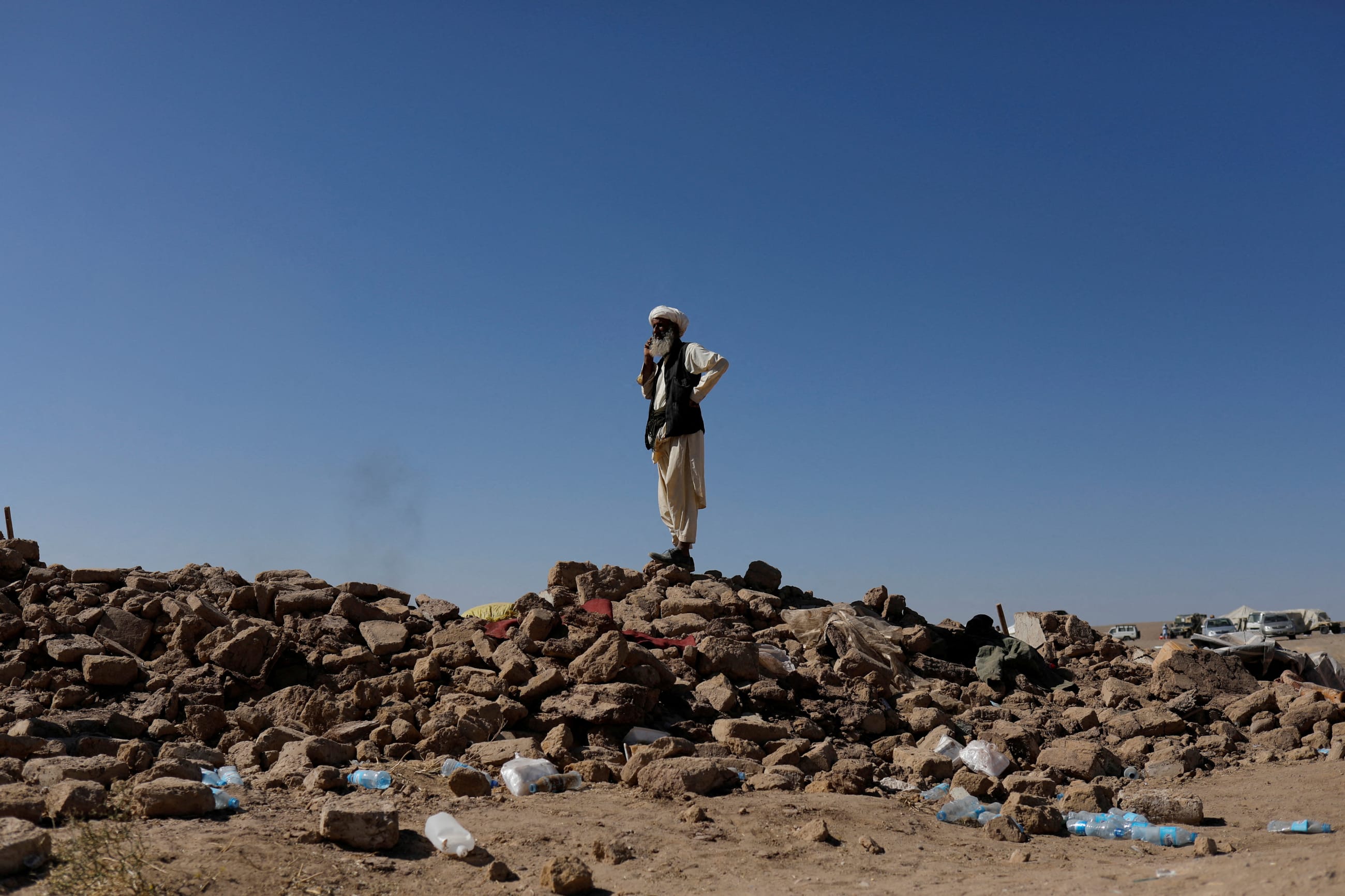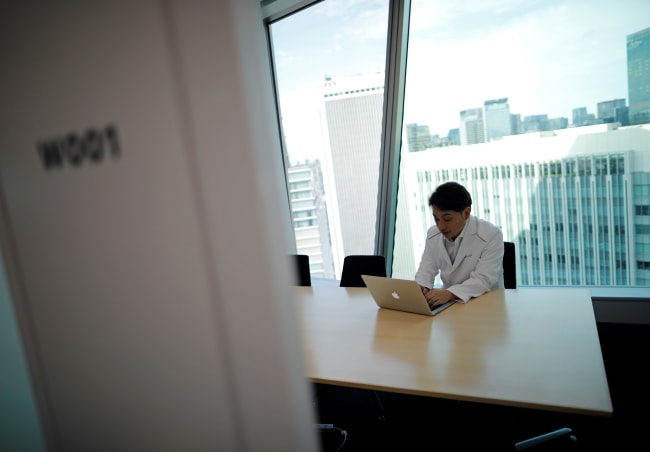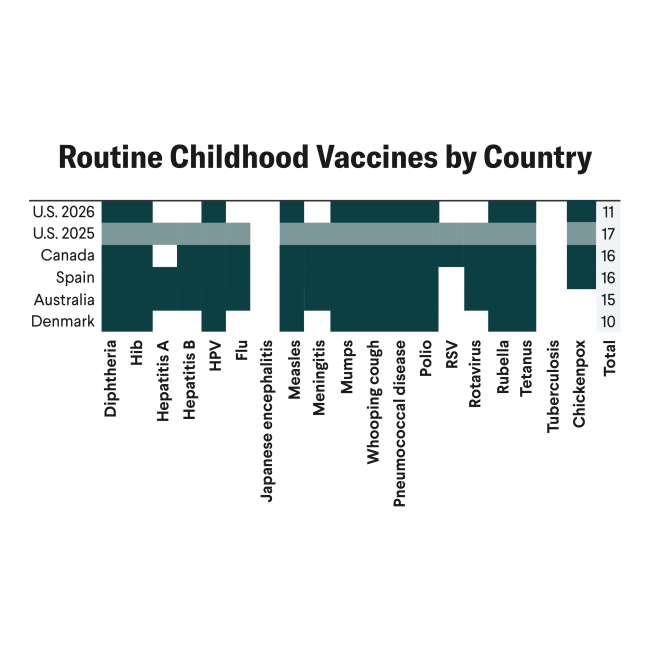In April 2023, Nada Fadul, a Sudanese-American physician based in Nebraska, answered a call from a medical colleague in Khartoum, Sudan. War had just broken out there, and frontline health providers urgently needed training in emergency medicine. During the early days of the COVID-19 pandemic, Fadul had led a virtual health care training initiative in Sudan, called Project ECHO, that enabled thousands of local frontline emergency responders to collaborate with global infectious disease experts and navigate the unknowns of the new disease. Now, Dr. Fadul's Sudanese colleague was hoping the ECHO network could prove just as useful in wartime.
She was right. Within days, Fadul enlisted dozens of emergency care experts to train Sudanese health providers, who were already overwhelmed by unprecedented numbers of war-related injuries. Six months on, these virtual trainings have helped tens of thousands of health workers in Sudan acquire new skills in emergency care, trauma, mental health, and infectious diseases.
Too many people across his state were dying from the curable disease because they didn't have access to timely, low-cost specialized care
Project ECHO was created in 2003 by hepatitis C expert Dr. Sanjeev Arora at the University of New Mexico. Too many people across his state were dying from the curable disease because they didn't have access to timely, low-cost specialized care. ECHO solved this problem by virtually connecting medical experts with frontline health providers to bring just-in-time best practices to remote and under-resourced communities. In the years since, it has been adapted to other diseases and applied all over the world.
In far too many cases, responses to national or global crises have been stymied by slow, siloed communication and a lack of medical expertise and trained emergency responders. Dr. Fadul's story is just one of countless examples of how getting the right knowledge to the right place at the right time saves lives.
Before the world faces yet another war or deadly pathogen, governments, nongovernmental organizations, and disaster relief organizations must work together to increase access to specialized emergency training and quicken the spread of rapidly evolving medical best practices. Project ECHO offers a way to do this quickly, cost-effectively, and at scale by using commonplace virtual technologies.
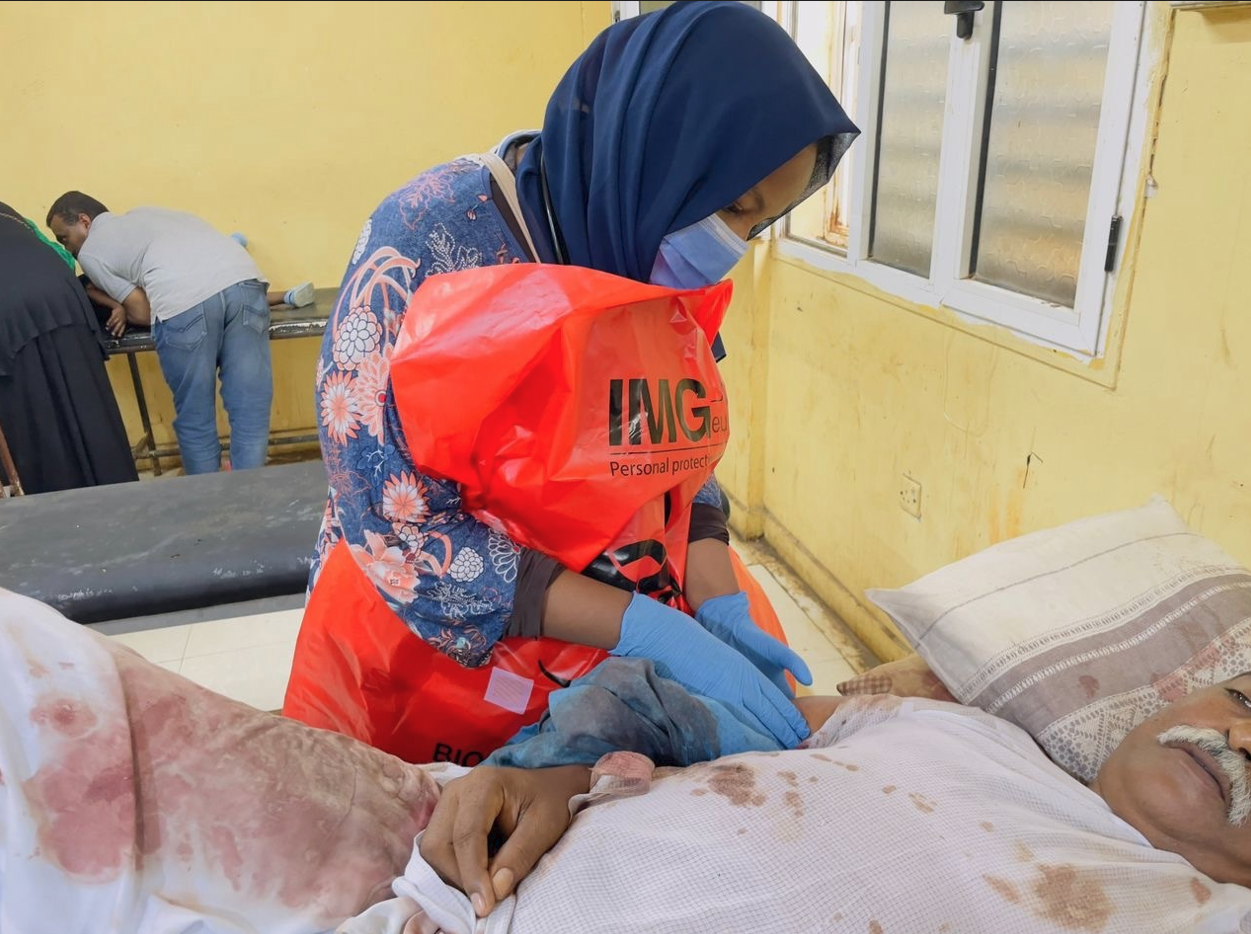
It's not just proving its worth in Sudan. During Uganda's 2022 Ebola outbreak, first responders were able to leverage virtual learning networks they'd set up to address HIV to better understand how the epidemic was evolving and the most effective strategies to stop its spread. ECHO was also active within weeks of the outbreak of war in the Ukraine, where hundreds of health-care workers received virtual training in trauma care. More than 175,000 frontline responders and specialized medical experts across Africa, the Asia-Pacific region, India, and Latin America have participated in ECHO's virtual learning and mentorship sessions.
Last month—September 2023—the World Health Organization and Project ECHO launched a new Collaborating Center for Digital Learning in Health Emergencies to train frontline emergency response personnel and strengthen workforce capacity. This virtual resource center will give thousands of first responders across six continents the opportunity to learn best practices in emergency preparedness and response and will have far-reaching benefits.
First, it offers scalable reach and impact. Virtual collaboration transcends borders and empowers frontline responders to treat a broader range of medical challenges and provide better care. Whether it's to address wartime trauma or new outbreaks of COVID-19, Ebola, new influenza strains, or mpox, these virtual networks enable emergency responders to access the knowledge they need to respond quickly and effectively.
Virtual collaboration transcends borders and empowers frontline responders to treat a broader range of medical challenges and provide better care
Second, the center provides a low-cost and efficient way to disseminate proven best practices. Health emergencies evolve quickly. Virtual collaboration with the right experts ensures that emergency responders can be rapidly trained to meet individual community challenges. Low-bandwidth technologies, such as Zoom videoconferencing, make these virtual platforms affordable and easily deployable in even the most far-flung corners of the world.
Third, it generates continual collaborative solutions. The center provides emergency responders, public health and clinical experts, policymakers, and educators the opportunity to learn from each other and implement innovative solutions. Unlike more traditional collaborative efforts that result in static one-time webinars and expert panels on emergency best practices, this digital center offers a dynamic platform for continual learning and problem-solving.
The need for these types of virtual knowledge-sharing networks is only growing. As climate change exacerbates the risk of infectious diseases and triggers more hurricanes, wildfires, and other natural disasters, public health emergencies will become increasingly complex and commonplace. Add to this mix a projected shortage of ten million health workers by 2030—and the alarm bells should be sounding.
Whether it be another deadly disease outbreak, violent conflict, or catastrophic natural disaster, the world needs to act quickly and decisively to build stronger capacity to respond to crises. Open-access, virtual collaboration between frontline providers and local, regional, and global experts can radically improve our record in emergency response. When so many lives hang in the balance, there is no time to waste.
